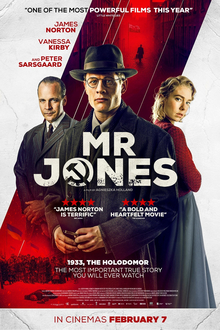
I simply can’t understand a man like that. In 1880s Ireland Charles Stewart Parnell (Robert Donat) makes a rousing speech against the villainous property thefts by the British in Ireland but urges passive resistance, shunning rather than killing landlords. In a Mayo village, British landowner Captain Charles Boycott (Cecil Parker) dispossesses the townspeople who are being charged extortionate rents as his tenants and uses police and army to evict them, leaving them without hope. But when a passionate farmer Hugh Davin (Stewart Granger) creates an organised and nonviolent rebellion against the oppressor and falls in love with a beautiful newcomer Ann Killain (Kathleen Ryan) he proves that the Irish people are willing to fight for their rights ... You can’t make British soldiers fight for what any fool can see is an unjust cause. Wolfgang Wilhelm’s screenplay makes light work of the systematic property rout and starving of Irish citizens described in Philip Rooney’s source novel, weaving a skein of complicity, action and politics that rings true. Co-written by director Frank Launder, with additional dialogue by Paul Vincent Carroll and Patrick Campbell, the location shooting (with Westmeath standing in for Mayo) adding immeasurably to this history lesson about the infamous land agent who entered the lexicon because of the campaign of ostracising that brought him recognition. The cast is a Who’s Who of the British and Irish acting contingent of the era including the genial Noel Purcell playing Daniel McGinty a teacher who is also a crafty agitator, Mervyn Johns as a sneaky property dealer, Alastair Sim as a Catholic priest, Father McKeogh, and Maurice Denham as Lieutenant Colonel Strickland who is inclined to attribute Boycott’s conduct to a kind of personal pig-headed eccentricity rather than Anglo rule. Granger has a good role and is up to the witty and lively construction of this typical Launder and Gilliat production. William Alwyn’s spirited score captures the mood of the rebellion very well. Can you count pain – suffering – hunger – wretchedness?

